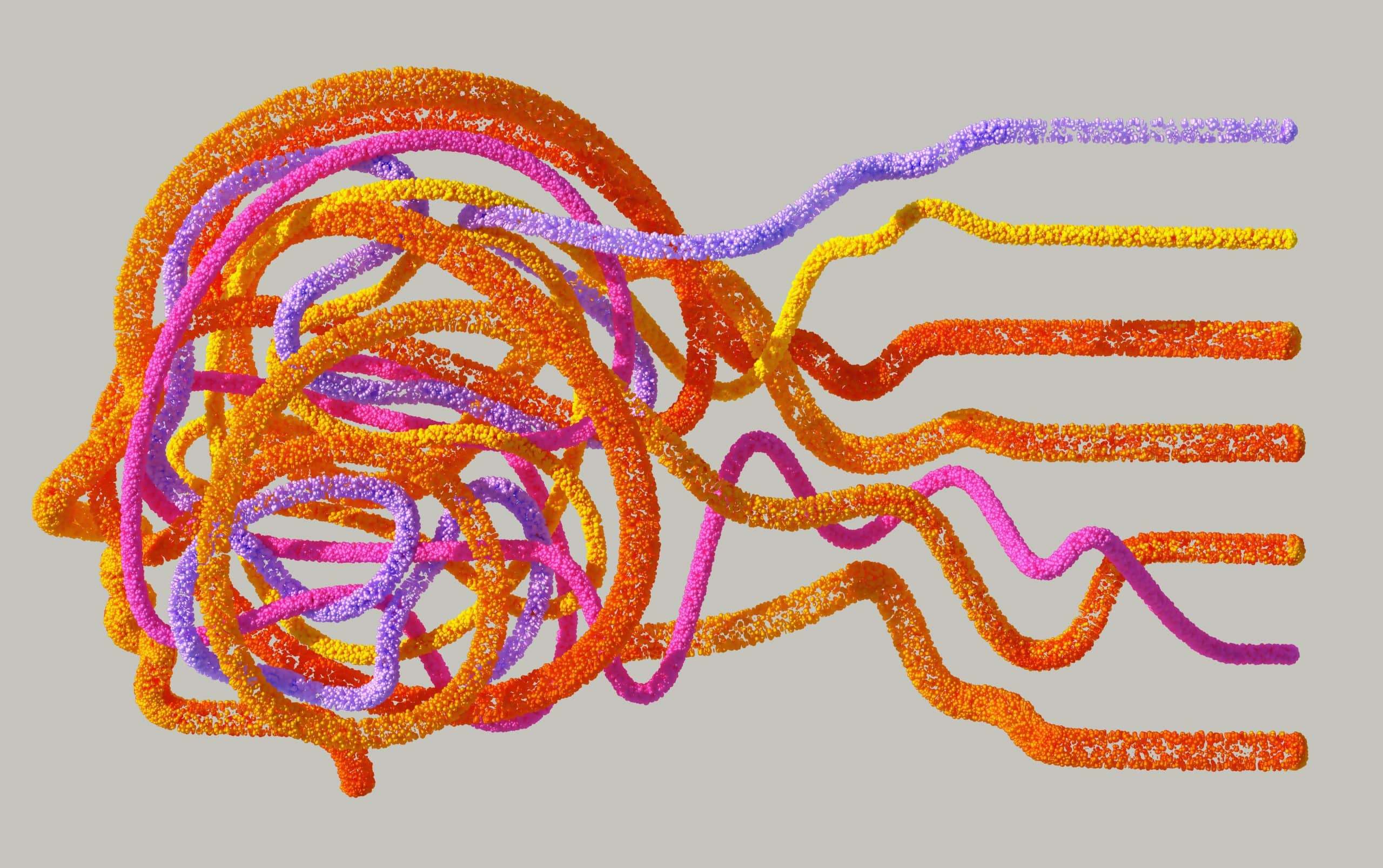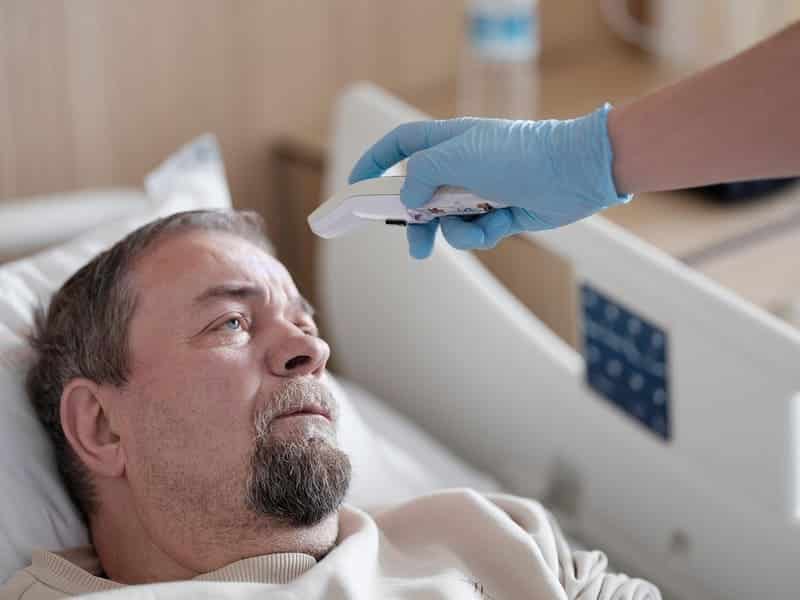Snakes bite over 1.8 million people a year, killing over 138,000 of them and inflicting permanent scars and disabilities on over 400,000 others. Though less deadly than many other snakes, cobras can still inflict lasting damage on victims by causing necrosis or tissue death. While cobra antivenoms are vitally important for saving bite victims’ lives, they’re not as effective in fighting necrosis; they’re also often expensive and must be administered in hospitals, often a while after the venom has set in.
Recently, researchers have discovered that heparinoids or blood thinners could be an inexpensive, convenient, and effective method for treating cobra bites. Unlike antivenoms, heparinoids can treat necrosis and be self-administered by victims shortly after they’ve been bitten. While not substitutes for antivenoms, blood thinners could become more readily accessible treatments for snakebite victims in rural regions where cobra bites are common, but hospitals are scarce.
Where Cobra Antivenom Is Effective — And Where It Isn’t
https://gty.im/482165883
In the regions where cobras live (mainly in South and Southeast Asian and African nations), cobra bites lead to thousands of life-altering injuries every year. When a cobra bites into flesh and injects its venom into the body, the toxins in the venom begin tearing through the body’s tissues and killing many cells in their paths. Killing those cells can cause lesions or premature tissue death, otherwise known as necrosis. Extensive necrosis can lead to permanent limb damage or amputation.
Created by exposing non-human animals to small amounts of venom and then extracting the antibodies their bodies create in response to it, cobra venom is usually intravenously injected into a person’s bloodstream to fight the venom’s effects. Though they’re effective in the bloodstream, the antibodies are often too large to reach peripheral body tissue, such as those inside a person’s limb; thus, cobra antivenom is ineffective at treating necrosis.
While antivenom is vitally important to saving people’s lives after getting snakebites, it’s usually not readily accessible at the site and time a person gets bitten. After all, antivenoms have to be made to combat a specific species’ venom, need to be in cold storage before use, and are often administered via IV in a hospital. By the time a patient is brought to a hospital for treatment, the venom has already time to damage their body’s tissues.
How Blood Thinner Helps Combat Cobra Venom
In a paper published this week in Science Translational Magazine, a team of researchers at the University of Sydney in Australia, the Liverpool School of Tropical Medicine in the United Kingdom, and the Instituto Clodomiro Placido in Costa Rica discussed what mechanisms cobra venom uses to kill human cells. The researchers extracted venom from African spitting cobras, injected it into human cells that they altered for certain traits using CRISPR gene-editing technology, and then observed which cells died and which survived.
In their analysis, the researchers discovered that the venom interacted with certain elements inside the cells in order to damage them. In this case, those elements were the enzymes used to create long sugar molecules called heparan sulfate, which is found on the surface of human and animal cells, and heparin sulfate, which those cells release when the immune system responds to a certain threat. By altering these enzymes, the venom harmed and destroyed the cells.
Since the venom used the cells’ heparin to destroy them, the researchers wondered what would happen if they injected the cells with extra heparin, the kind found in common blood thinners. After doing so, they discovered that extra heparin stopped the venom from destroying cells since it caused the venom to stick to them instead and inhibited the cytotoxic three-finger toxins that caused the tissue damage. The researchers also found that injecting mice with tinzaparin, a smaller synthetic version of heparin, drastically reduced the lesions in their bodies caused by artificial snake bites.
How Blood Thinner Could Become A More Accessible Treatment for Snake Bites
https://gty.im/872133922
As heparinoids are already inexpensive essential medicines approved by the World Health Organization (WHO) and the United States Food and Drug Administration (FDA), the research team now aims to conduct straightforward, speedy clinical trials to test how well blood thinners treat cobra venom in humans. One of the team’s goals is to create a snakebite treatment device containing heparinoids that people could self-administer like an EpiPen.
Since blood thinners can be stored at room temperature, they could be administered quickly where a snakebite originally occurs compared to antivenoms that must be kept cool and administered in a hospital; blood thinners would thus be more effective treatment options in rural communities where hospitals are scarce. As blood thinners are less expensive than antivenoms, they would also be more accessible to individuals in low- and middle-income regions where cobra bites are most common.
Recognizing that snakebites are often neglected tropical diseases that threaten the lives of hundreds of thousands of people a year, the WHO has announced its goal to cut the number of deaths and disabilities caused by snakebites in half by 2030. While they can’t and shouldn’t replace antivenoms as treatment options, developing universal and broad-acting venom antidotes based on heparin should help achieve that goal by bringing accessible treatment to many people who risk getting bitten by snakes.
Final Thoughts
Over a million people are bitten by snakes every year and suffer anywhere from intense pain to tissue death to loss of limbs to death. While antivenoms are the most effective way to save a person’s life from a snakebite, they’re also often not readily accessible right after a person gets bitten, giving the venom time to heavily damage a person’s cells. Cobra antivenom, in particular, has proven ineffective at combatting necrosis, or tissue death, caused by cobra bites.
Researchers have discovered that blood thinner could become an easily accessible, readily available snakebite treatment method since the medicine contains heparin molecules that trap the venom and neutralize its destructive qualities. If clinical trials with humans prove successful, researchers could create a heparin-based treatment device that people could self-administer at the site and time of the bite to prevent the venom from destroying important cells. This would give rural and lower-income communities another safe, effective treatment option for combating cobra venom.
Disclaimer: This article is intended simply to provide information. It does not replace the medical advice of a physician. Please speak with your doctor if you have any questions or concerns.
For More Great Content
Total Apex is an all-encompassing content producer. We provide heavily detailed articles every day on entertainment, gaming, sports, and so much more! Check out all our great entertainment content at Total Apex Entertainment. Check us out on X @TotalApexSports and our other sites: Total Apex Sports, Total Apex Sports Bets, and Total Apex Fantasy Sports.









